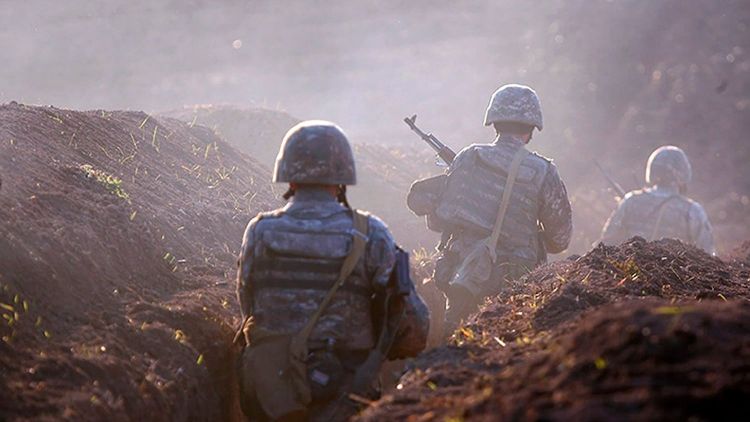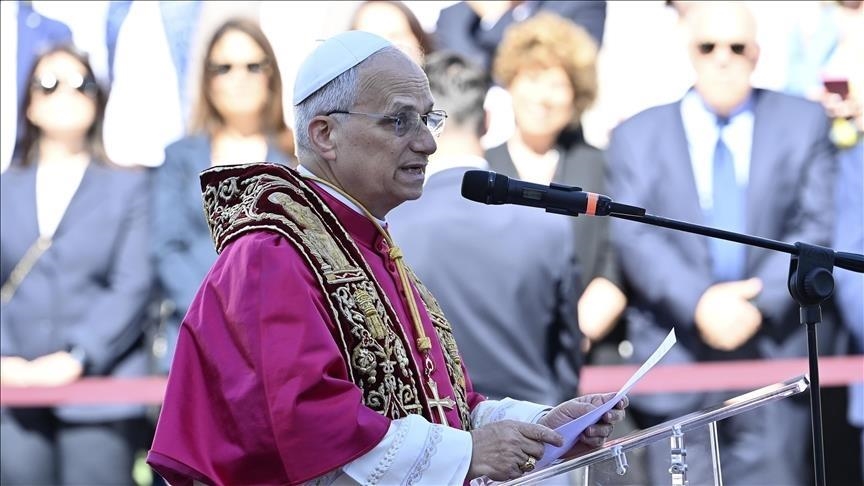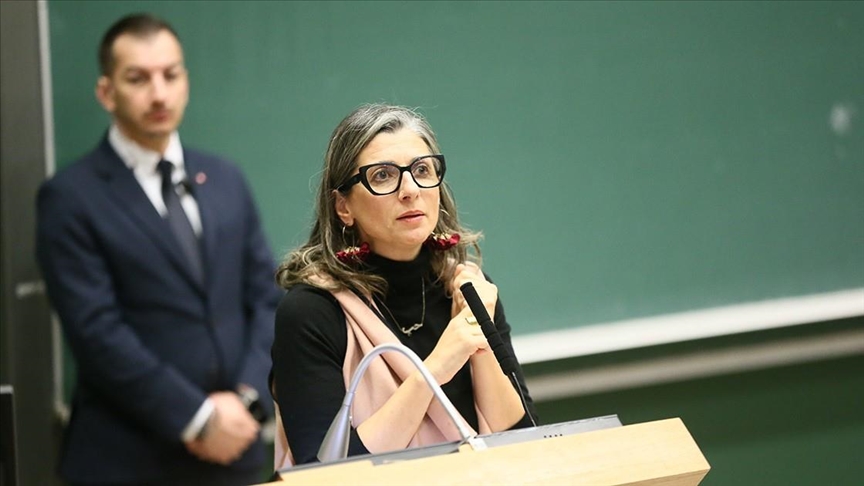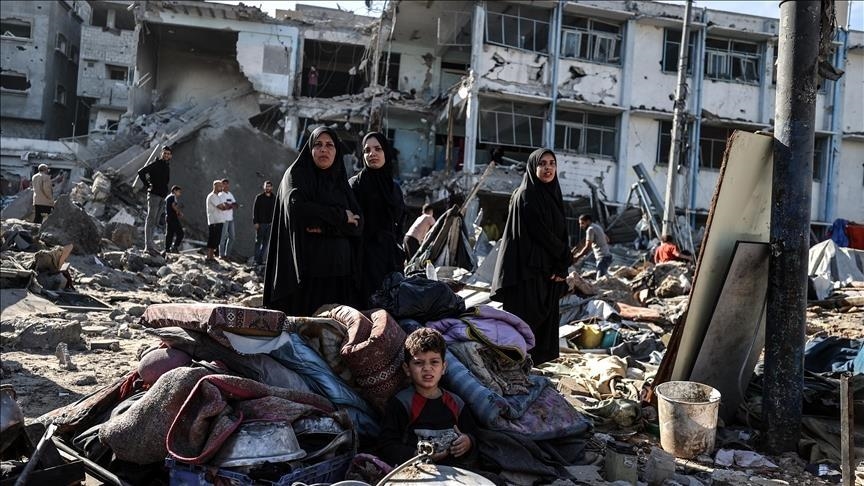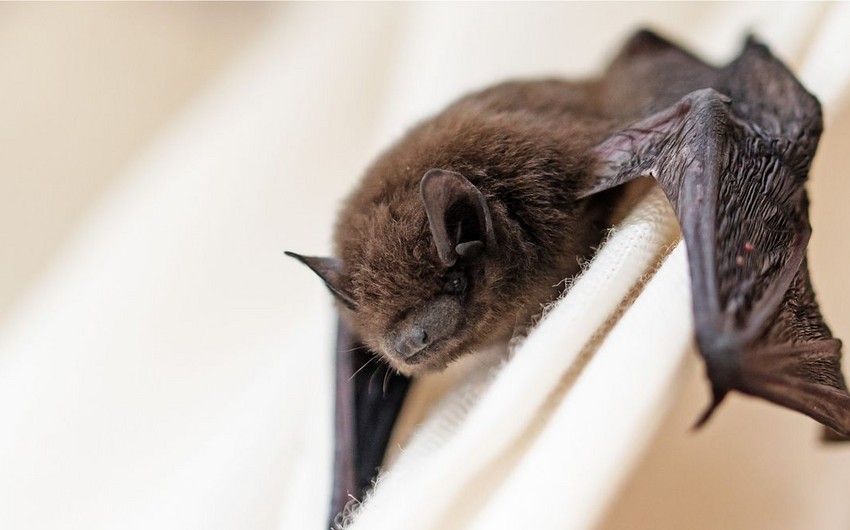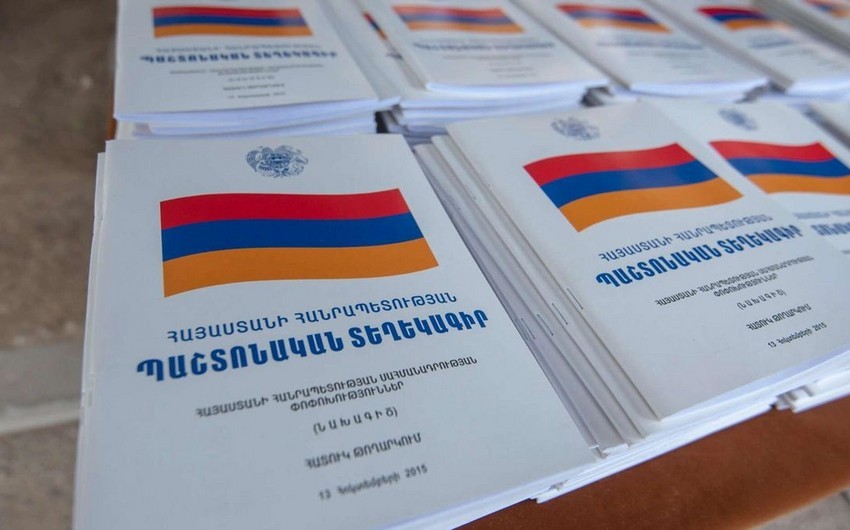On November 10, the joint statement was signed by President of Azerbaijan Ilham Aliyev, Prime Minister of Armenia Nikol Pashinyan and President of Russian Federation Vladimir Putin to end all hostilities and impose permanent ceasefire in the region of Nagorno-Karabakh. In the Second Karabakh War, Azerbaijan got victory over Armenia by liberating occupied four adjacent districts and some parts of Nagorno-Karabakh, including the city of Shusha. However, there are still questions on which developments would occur around Nagorno-Karabakh in the period of next decade.
In order to find answers Eurasia Diary conducted an interview with Murad Muradov co-founder and Deputy Director of Tochubashov Center, Baku-based think-tank.

Murad Muradov graduated with a Bachelor of Arts degree in International Relations from the Academy of Public Administration of the Republic of Azerbaijan (2011), a Master of Arts in Diplomacy and International Affairs from the Azerbaijan Diplomatic Academy (2013) and a Master of Science in Comparative Politics from the London School of Economics (2015). He participated in a number of training programmes, summer schools and fellowships both in Azerbaijan and abroad, including the John Smith Trust Fellowship for Wider Europe (2017). His areas of expertise cover European politics, politics of identity and nationality and international political economy.
- Mr Murad, the Second Karabakh War ended with a joint statement signed by the leaders of Azerbaijan, Armenia and Russia. A number of advantages Azerbaijan has gained in the document, but there are some points remain obscure. Unfortunately, there is no article on the future negotiations on Nagorno-Karabakh. Many experts have begun to think about it. From your opinion, in what form will talks on Nagorno-Karabakh have been held after that?
- First of all, it must be understood that the joint statement was being prepared quite hastily since the situation at the frontline was critical and there was an urgent effort on behalf of Russia to achieve an agreement acceptable for the both sides. As Russian MFA Lavrov has put it, every minute mattered and extensive discussion of each detail of the statement was impossible. This means that many issues, and mostly importantly the arrangements for the future of the territory where the Russian peacekeeping mission is now deployed, are to be negotiated. The leaders of both Azerbaijan and Armenia have already made respective statements. However, there is no consensus yet as to the format of the future negotiations: while Yerevan has already called for the OSCE Minsk Group to remain in charge of the process, official Baku has pointed to its inefficiency and hence is interested in establishing a new format, or at least making changes to the list of co-chairs. One of them, France, since the outbreak of the conflict has often taken an openly pro-Armenian stance and Azerbaijan now has legitimate doubts about her neutrality as a mediator. There have been offers to replace France with another European country taking a more balanced position over Nagorno-Karabakh, such as Italy or Germany.
One thing is clear: the substantive negotiations between Azerbaijan and Armenia will resume and probably sooner than later. The fulfillment of one of the most important points of the statement- the unblocking of all regional communications, including the transit route between mainland Azerbaijan and Nakhichevan- requires an agreement over a number of issues and will be virtually impossible without a comprehensive deal between the countries, preferably a peace deal.
- According to the Article 2 of the document, Russian peacekeeping forces will be operating along the line of the contact in Nagorno-Karabakh within the period of 5 years. However, in our country, some politicians and experts oppose the deployment of Russian peacekeeping contingent in this region. What is your opinion on this issue?
- The deployment of the Russian peacekeeping forces has been the only really available solution at this point of time, given Moscow’s willingness to achieve a lasting ceasefire and the current lack of interest of the Western countries in the conflict. Concerns which are voiced about the presence of Russian troops in Nagorno-Karabakh have legitimate grounds and are mainly related to the bitter experience of South Ossetia or Donbas. However, these concerns do not take into account that the case of Nagorno-Karabakh has significant differences from the aforementioned conflicts. It has been from the very beginning of conflict between Azerbaijan and Armenia, while Moscow has not been a de jure or de facto party to it. President Putin has emphasized Moscow’s equidistant position towards the two republics and, despite the calls to aid Armenia as a member of the Russia-led CSTO, as well he made it clear that the conflict over Karabakh, which is officially recognized as the territory of Azerbaijan, is not a reason for Russia to interfere. Moreover, it must be noted that Baku, as it is acknowledged by the Armenian side as well, clearly had an upper hand in the fighting and it was a matter of weeks for the whole of the so-called “republic” to be captured. By accepting the ceasefire and a peacekeeping mission, President Aliyev made a sign of goodwill and demonstrated his commitment to achieve a lasting peace solution to the conflict.
- Do you think that the end of Second Karabakh war will contribute to the determination of the fortune of the South Caucasus in terms of political, economic and military means?
- The end to the years-long bitter conflict over Nagorno-Karabakh can play an incredibly positive role for the whole region of South Caucasus and beyond. While the restoration of the territorial integrity of Azerbaijan and return of all the displaced people to their homes will mean a triumph of justice, it will also create, however paradoxical it might sound, great opportunities for Armenia for socioeconomic development. Easing of security concern will mean a much stronger inflow of foreign investment to the region, while the opening of communications and the establishment of economic relations with Azerbaijan and Turkey can help Yerevan to overcome its current dependence on the Armenian diaspora. At the same time, the end of the conflict might reduce the opportunities for manipulation of Azerbaijan or Armenia and pave the way for integration processes.
- According to Article 9 of the joint statement on ceasefire in Nagorno-Karabakh, it is planned to establish a corridor between the western regions of Azerbaijan and the Nakhchivan Autonomous Republic through Armenia. How is it true to connect Article 9 with the successful role of Turkey in Second Karabakh War?
- According to the semi-official statements made by the Armenian side, the issue of a corridor was not among the conditions for a ceasefire from the very beginning. While Azerbaijan has always striven to ensure this important communication, it was rather perceived as a distant goal possible after the ultimate resolution of the conflict and restoration of relations with Armenia. Bearing in mind the increasing role of Turkey in the regional affairs and its interest in regional logistical projects, it is reasonable to suggest that Ankara was strongly interested in including this point. However, besides its economic importance, the opening of the corridor can be a very important stimulus for achieving a peace deal, so its importance is hard to overestimate.
Interviewed by Yunis Abdullayev

